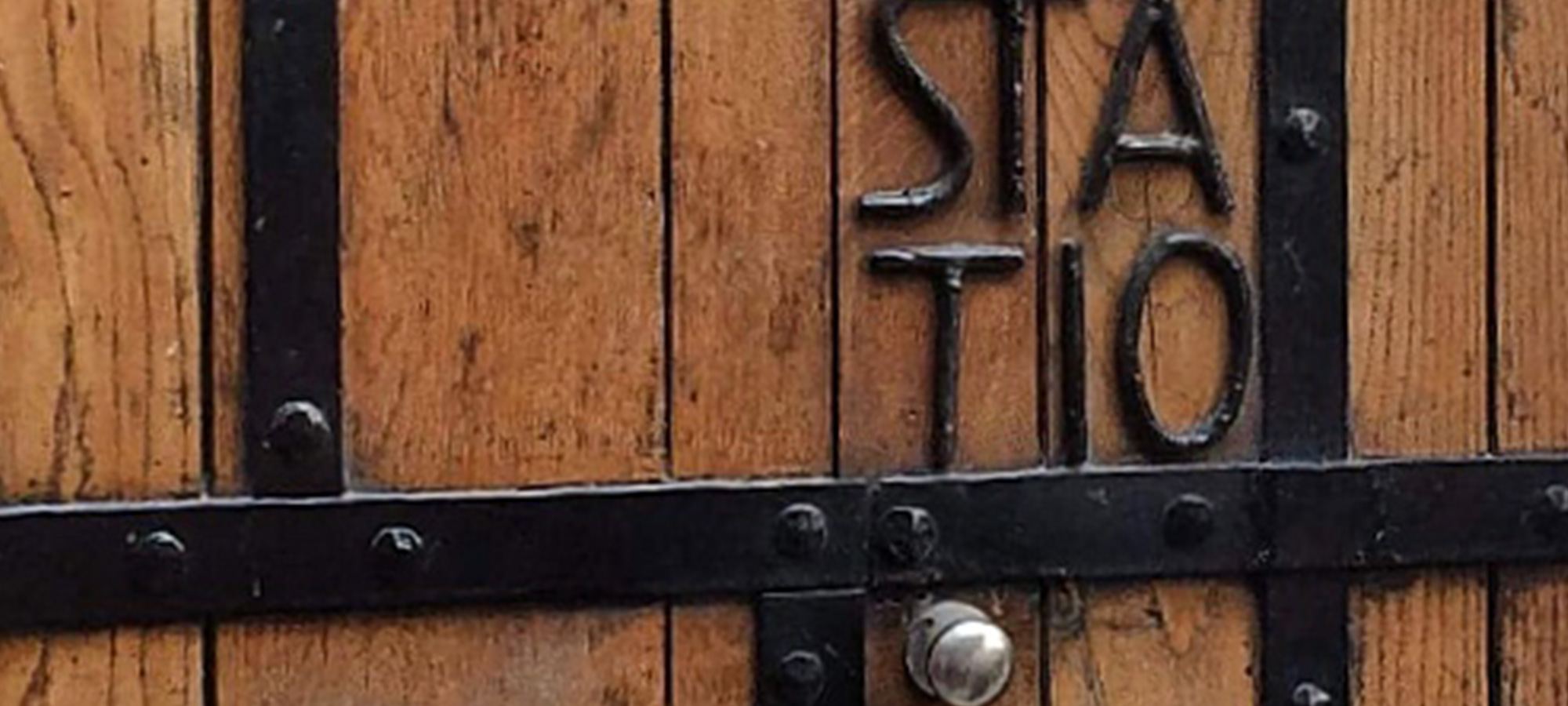 “Why?” and “How did that happen?”
“Why?” and “How did that happen?”
Two questions that can be difficult to answer. Whether it’s explaining to someone why your hair color turned out fuschia (yep, me) or why your marriage failed, breaking down your missteps to someone else is humbling. . . and super frustrating. But if I just get angry and spew off accusations—especially ones that keep my finger from pointing to my own chest—I will miss the opportunity to expand my knowledge; even if that knowledge contains what not to do.
Hence the saying: Learn from your mistakes.
Yesterday, my son had the day off from school for Dr. Martin Luther King Jr.’s birthday. So, in an effort to be the “best mom EVER”, I decided to take Eli to SeaWorld for the day. While driving down the freeway, I realized I would be a much better Mom if I helped him understand why, as a country, we were memorializing Dr. King. I asked what he knew about him and was impressed to hear him recite parts of “I Have a Dream” and give a good synopsis of his life (darn good for a nine-year-old at least). The only part he seemed to struggle with was understanding the cultural temperature of racial tension that marked the mid twentieth century. So, I began to explain. . .
“Why?”
“How did this happen?”
A few years ago, he might’ve let me off the hook with an oversimplified, “Bad people do bad things.” But now he’s a nine year old man and needed to know more.
Somehow our path of “more” linked to the Jews during the appalling leadership of Hitler. The shared atrocity of prejudice between 1930s Europe and Civil Rights Movement America led us to an in-depth discussion on the dangers of Us versus Them.
Breaking down how, regularly over the course of history, millions upon millions of precious people were disenfranchised, tortured, enslaved, and killed because of their religion, color or heritage was definitely not as fun as feeding stingrays. Yet, I needed my son to have a right understanding of history and the human psyche though, so that he won’t be swayed into dysfunctional thinking.
You might be thinking, “But he’s just a kid! And a pretty gentle one at that. How could your sweet Eli get swayed?”
It’s all too easy to think our most brutal periods of history were shaped by a strange uprising of utterly evil men (or women) who were born with a supernatural bent for death. No, each began at the family dinner table as a seed of disdain for another spoken out loud over a pot roast. It swelled at the local pub or church as co-workers and pew neighbors casually threw distant, generalized strangers under the bus for “ruining the economy” or “dragging down the culture.” And then it made its way out onto the street and before anyone realized it, Hostility was shamelessly walking around in broad daylight. It was the conversations of everyday people (like you and me) that built the foundation for whole people groups to be wiped from existence.
This happened the very first moment that the father, shop owner, school teacher, or a villager across the ocean lost their identity and became Them.
Once a person loses their name, it becomes easier to separate from them—to disconnect from their feelings and rights. And their personal value to you, as a fellow human being, dissolves. Once that happens, using them, ignoring them, hurting them and tossing them to the side becomes easier.
I was able to relate this to Eli in a term he knows: bullying.
My little man, unfortunately, is familiar with being hurt by other kids. Some of them love to point out that he is not the skinniest, smartest or most athletic kid in the class. As fantastic as his teachers are and as awesomely vigilant as the school is on the subject of bullying, cruel words make their way out. This has been an issue forever—spanning generations. Cool kids vs dweebs. Athletes vs nerds. Republicans vs democrats. Blacks vs whites. Jews vs Gentile. Protestants vs Catholics. It becomes much easier to throw a rock at a target instead of a face.
Eli has become a target, but also risks making the other kids one too. To label them the “bullies” posits him against them immediately, making it easier to not like or care about them in any way.
“To hell with them!” would be the adult version of “You are not my friend anymore.”
I don’t ever want my sweet guy to have those feelings towards people. Even if they hurt him. I want him to see the circumstances that surround the other person; to understand how their environment may have shaped them and how hurt people end up hurting. Don’t be mistaken, Mama Bear will want to rise up and protect. And that is OK. It is also ok for Eli to protect his heart and have wisdom in choosing friends. (I Cor 15:33) I just want my son to grow up knowing putting an individual or a group in a “them” shaped box and tossing it out is, in essence, repeating history.
To hell with that cashier. To hell with work. To hell with my boss. To hell with my classmates. To hell with the Democrats. To hell with my family. To hell with my ex. To hell with the church. To hell with her. To hell with him.
To hell with them.
Take the targets off their face. Learn from history’s mistakes.



